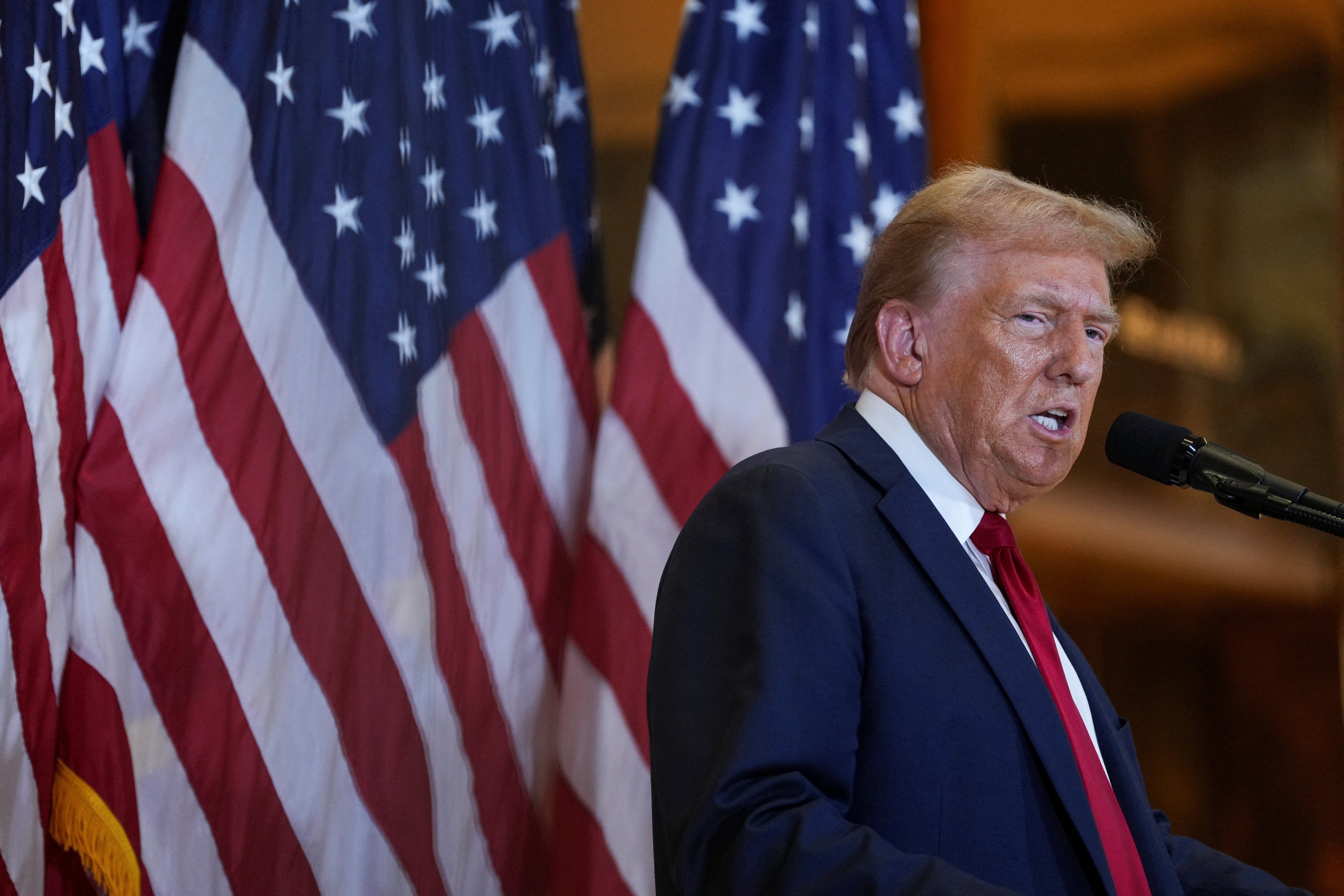President Donald Trump's new chair of the Federal Communications Commission is launching an investigation into National Public Radio and the Public Broadcasting Service, accusing them of illegally engaging in business advertisements, NPR itself reported on Thursday — a move that could lay the groundwork to yank federal funding from public broadcasting.
Chairman Brendan Carr, a longtime GOP commissioner who was previously appointed by Trump as the FCC's general counsel and was involved in drafting Project 2025, wrote in his letter to NPR and PBS, "I am concerned that NPR and PBS broadcasts could be violating federal law by airing commercials. In particular, it is possible that NPR and PBS member stations are broadcasting underwriting announcements that cross the line into prohibited commercial advertisements."
NPR and PBS, which are not directly run by the government but are regulated in such a way as to keep their content free and open to the public, cannot under law run commercial advertisements; they can obtain corporate sponsorships but are not allowed to specifically endorse the products or services from those companies on air.
ALSO READ: Top GOPer's ‘most immediate’ priority for new committee includes probing a MAGA conspiracy
Both of them deny running prohibited advertisements, with PBS chief Paula Kerger saying, "We work diligently to comply with the FCC's underwriting regulations and welcome the opportunity to demonstrate that to the Commission," and NPR's Katherine Maher saying, "We are confident any review of our programming and underwriting practices will confirm NPR's adherence to these rules."
Carr, who does not directly regulate NPR and PBS but does regulate the roughly 1,500 local affiliate stations that air their content, made clear in his letter that part of his agenda was establishing a justification for Congress to terminate funding for the public broadcasters.
"For my own part, I do not see a reason why Congress should continue sending taxpayer dollars to NPR and PBS given the changes in the media marketplace," he said in the letter.
A majority of NPR and PBS funding comes from corporate sponsorships, but they still rely substantially on federal funding. A lot of federal funding for public broadcasters comes not in the form of direct payments from Congress, but rather grants disbursed from the Corporation for Public Broadcasting to local affiliate stations, who then in turn use the money to pay for programming from the public broadcasters.
